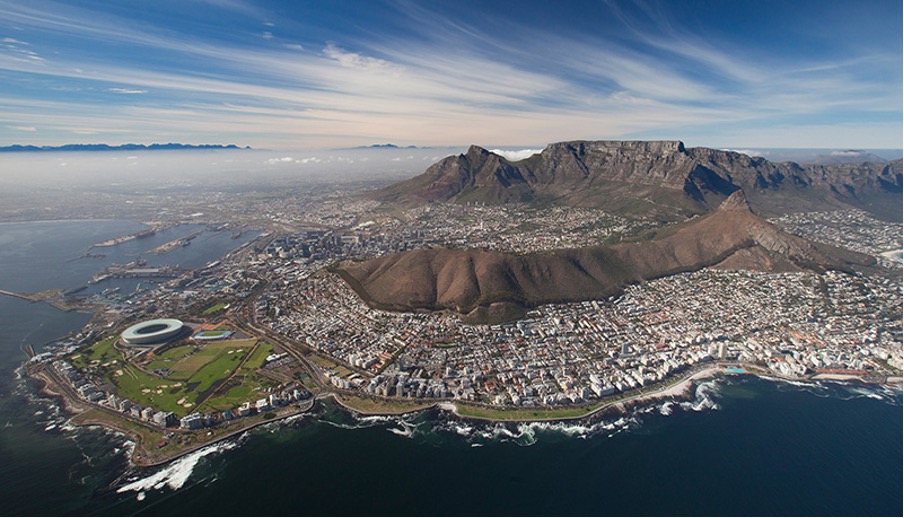
Bridging Inner Wisdom and Cultural Practices: A Transformative Professional Development Journey
This unique professional development program offers psychologists and therapists an immersive experience in South Africa, blending cultural exploration, indigenous healing practices, and Jungian psychology. The tour is designed to enhance participants’ understanding of both external African cultural contexts and the internal world of therapists engaged in optimising their effectiveness as effective practitioners.
29th March to 12th April 2025
Visit our Institute Website for Further Information
In many African cultural contexts, becoming a healer is not a choice but a calling, often dictated by ancestors. This journey begins with a crisis known as “thwasa” among the Xhosa, leading to a long apprenticeship with an Indigenous healer. During this time, the apprentice engages in rituals, shares and interprets dreams, and participates in nightly and early morning dance routines where insights are exchanged. They also learn diagnostic skills (vumisa), where the body reveals knowledge leading to healing, akin to embodied transference.
Similarly, in the psychodynamic world, therapists often have personal histories that guide their professional paths, encapsulated in the notion of “vocation” (vocāre, meaning “to call”) and the Jungian archetype of the wounded healer.
This Professional Development Program aims to provide insights from both indigenous healing practices and Jungian Depth psychology. Participants will gain skills to integrate these practices into their work, enhancing their understanding of the therapeutic relationship, the unconscious, and embodied countertransference, ultimately informing their clinical practice.
1. Cultural Immersion and Indigenous Healing:
- Explore South African landscapes and cultural heritage
- Engage with indigenous healers and traditional healing practices
- Understand local idioms of distress and healing approaches
- Study the “calling” of healers in African cultures (e.g., thwasa among the Xhosa
- Learn about diagnostic skills (vumisa) and embodied knowledge in traditional healing
2. Jungian Psychology Focus:
- Seminars on Carl Jung’s theories and their applications
- Exploration of archetypes, myths, and dreams
- Collaboration with experts from the Jung Society, Cape Town, Southern Africa
3. Personal and Professional Growth:
- Experiential learning through Holotropic Breathwork, active imagination, writing, and dream work
- Reflection on the concept of individuation in personal and professional contexts
- Opportunities for participants to present papers and lead discussions
4. Therapeutic Practice Enhancement:
- Gain insights into the therapeutic relationship and unconscious processes
- Develop skills in embodied countertransference
- Apply learnings to contemporary psychotherapy practice
5. Professional Development Credits:
- Align with continuing professional development (CPD) requirements
This experiential tour offers direct engagement with indigenous healers and Jungian psychotherapists, focusing on:
1. African Healing Systems:
Explore local healing practices and cultural heritage.
2. Jungian Psychology:
Examine Jung’s theories with experts from Jung Southern Africa.
3. Personal Exploration:
Engage in transformative processes, including Holotropic Breathwork, active imagination, and dream work.
4. Participant Contributions:
Present papers and lead discussions on tour themes, contributing to CPD credits
This journey fosters personal growth, enhances professional skills, and provides insights into the interplay between traditional and modern healing practices in South Africa’s diverse landscape.
